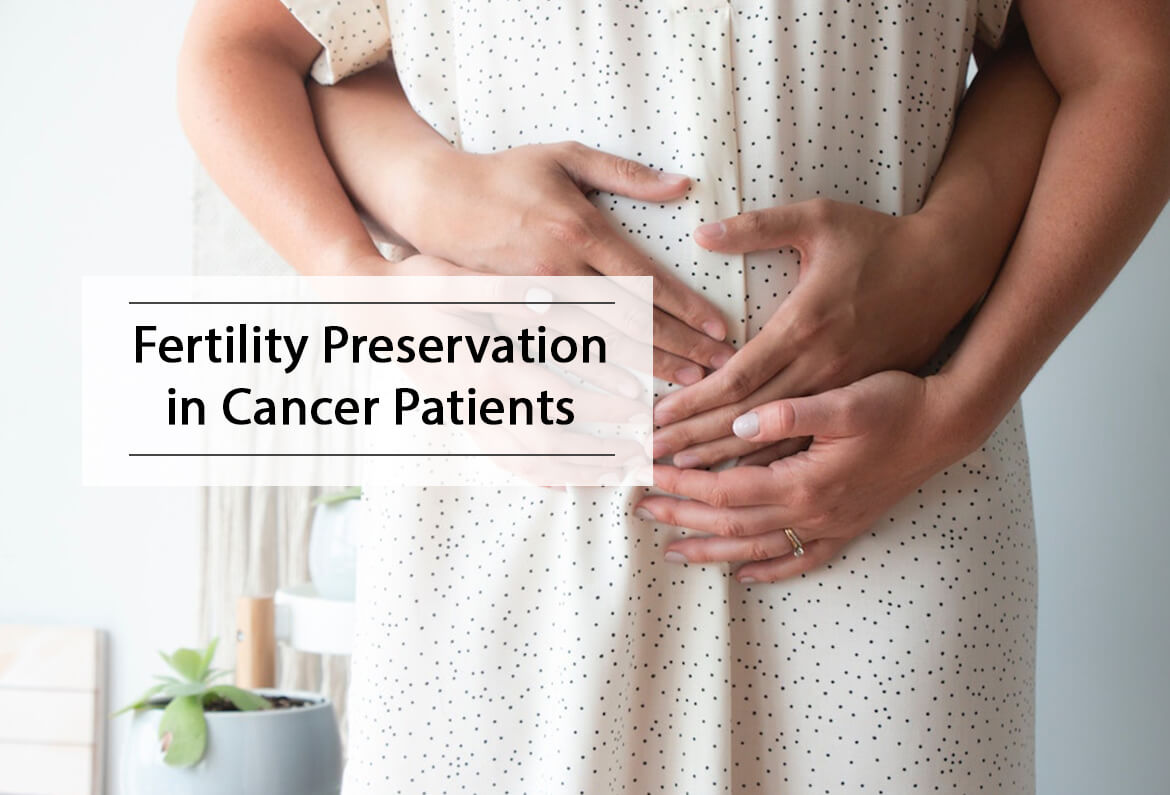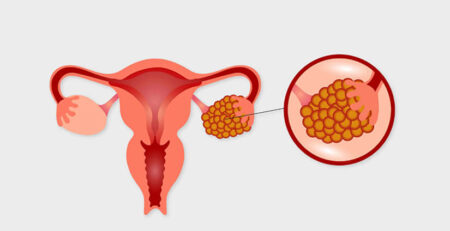All That You Need To Know About Fertility Preservation in Cancer Patients
Survival rates have increased in cancer patients due to advanced and more effective cancer treatments. Now, both men and women cancer survivors, look forward to life after cancer and are concerned about the possibility of infertility due to the disease or its treatment.
This is where Oncofertility comes in picture.
What is Oncofertility?
Oncofertility deals with fertility preservation in cancer patients. Men and women who are diagnosed with cancer of any part of the body can preserve their fertility utilizing advanced treatment options. Even women who have cancer of the reproductive organs like uterus, ovary, cervix, and breast can preserve their chances of conceiving later by using this treatment.

How does cancer affect fertility?
Cancer itself may hamper fertility when involving testes in males and uterus, tubes, cervix and ovaries in females. Conventional surgical treatment of such cancers involves removal of the affected organ, leading to complete loss of egg, sperm or uterus. Many a time, the procedure involves chemotherapy or radiotherapy, which too negatively affects the egg and sperm number and quality, leading to even menopause in some women.
For people looking forward to having kids post their Cancer treatment, there are various methods of fertility preservation:
Sperm Freezing: Semen samples from affected males can be obtained and frozen in multiple containers for future use. It is suitable for all men who can ejaculate before any Cancer treatment like surgery, chemotherapy or radiotherapy is planned.
Testicular tissue freezing: In postpubertal men who cannot give a semen sample, testicular tissue is obtained by biopsy, which has live sperms that can be frozen and used later for conception.
Egg freezing: It involves developing multiple eggs in women by hormonal injections over a period of 10-12 days. The eggs are then harvested, followed by freezing them before chemotherapy or radiotherapy is started.
These frozen eggs can then be used later after completion of cancer treatment to make embryos with sperms and then implanted in the woman for pregnancy.
Ovarian tissue freezing: In young girls where egg freezing is not possible or wherein cancer involves the ovary, there is an alternate method. The ovarian tissue from her other ovary can be harvested by surgical procedure. This tissue is stored to be put back later after the treatment inside the female’s pelvis is done, and It is then stimulated to produce eggs that can help her get pregnant.
Embryo Freezing: In women where the partner’s semen sample is available, instead of eggs, embryos can be made after harvesting eggs from the ovaries and fusing with sperms. These are then stored for fertility preservation and later implanted in the uterus after treatment for pregnancy.
Apart from these fertility preservation methods, there are fertility-sparing surgeries that help Cancer patients to conceive post the treatment.
- Cervix Cancer: of early stage, which is of very small size in women desirous of pregnancy can be managed by just removing the cervix and leaving the uterus or the womb intact.
- Ovarian Tumours: In case of very early low-grade tumours in the ovary, and ovarian conservation surgery can be performed to save the unaffected ovary and hence the eggs along.
For the cancer survivors who have infertility after treatment and could not get fertility preservation done, there still are some options such as:
Third-party Reproduction: Pregnancy can be achieved using either egg or sperm from a donor or by surrogacy if the uterus is unfit to carry the pregnancy.
The vital point to note is that all methods of fertility preservation cannot be used for every patient. The initial assessment involves in-depth counselling about the age-based possibility, merits, demerits, chances of pregnancy, the cost-effectiveness of fertility preservation method appropriate for the person in question.
Oncofertility gives cancer patients a chance to take a timely decision about their reproductive goals for life after cancer. It is worth trying.




